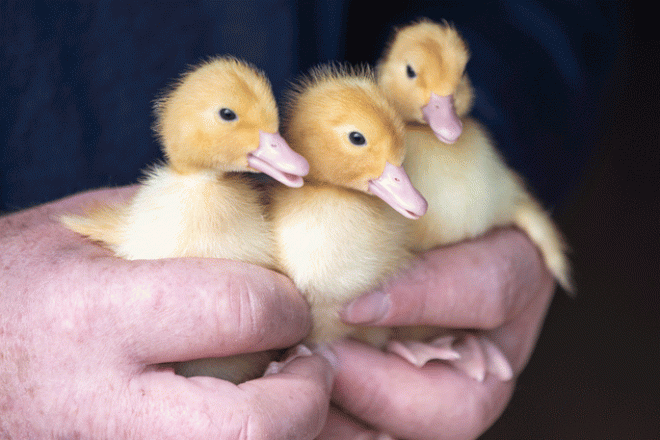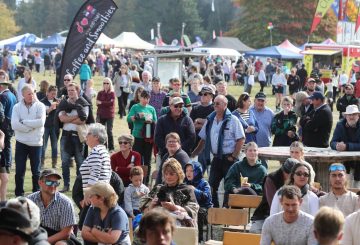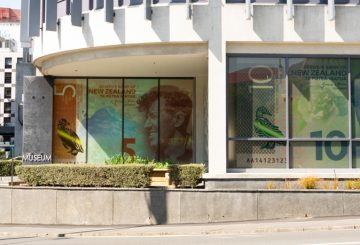Paul Knudsen, previously a dairy farmer, has shifted to duck farming since 2011 on his 34-hectare property. He once milked 70 dairy cows but stopped in 2018, focusing now on meat ducks.
The farm houses 33,000 Pekin ducks, divided among three sheds, with each shed holding six age groups of 5,500 birds. These ducks undergo a 42-day cycle from birth to processing.
Paul ensures that he keeps the number of ducks below the industry’s recommended 18 kilogrammes per square metre. Each week, the farm receives a batch of one-day-old ducklings and sends off the older ducks for processing.
These ducklings start in a heated brood room before moving to a larger shed. They are initially fed a high-protein crumble, which changes to grower feed after 10 days. The farm uses automated feeding systems and has storage silos for the feed.
Keeping the ducks clean and safe is a priority. All sheds are rodent-proof, and visitors must use a disinfectant footbath. Fresh water is supplied from an underground spring, and no medicines or hormones are given to the ducks. For bedding, they use wood shavings, which are regularly changed and sanitised. Used shavings are taken by neighbours as fertiliser.
However, sourcing wood shavings has become a challenge due to changes in the building industry. This led Paul to try miscanthus, a type of grass, as an alternative bedding. He discovered that the ducks prefer it, though it’s slightly more difficult to spread in the sheds.
Lastly, Knudsen’s farm is linked with Quackaduck in Cambridge. They are part of a network supplying both local and international markets, including the Pacific, Middle East, Philippines, and Japan. Matthew Houston of Quackaduck confirms that the business is lucrative, with steady cash flow and suitable for those familiar with livestock.






























































